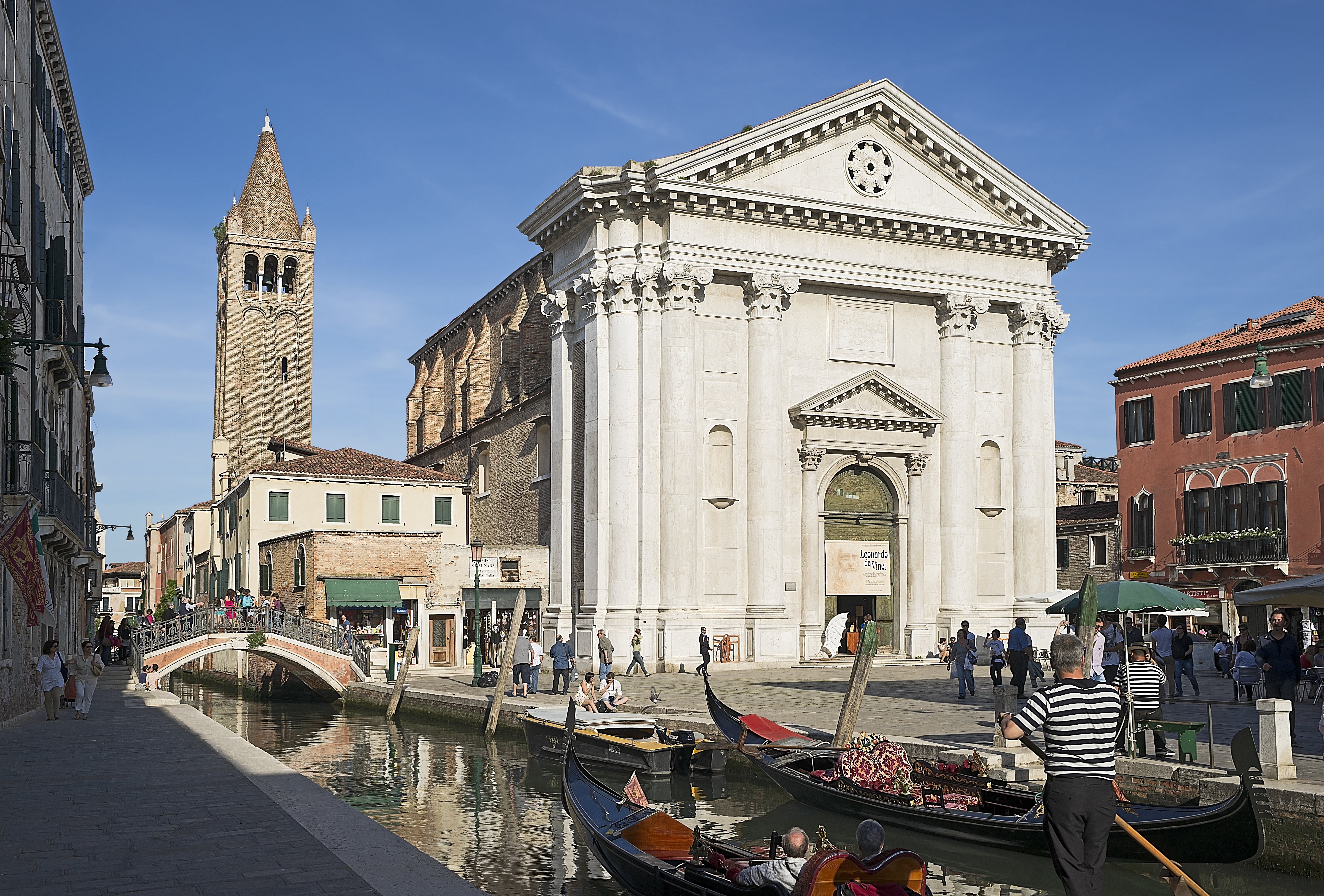Barnabotti on:
[Wikipedia]
[Google]
[Amazon]
 The Barnabotti were a class of impoverished
The Barnabotti were a class of impoverished
 The Barnabotti were a class of impoverished
The Barnabotti were a class of impoverished nobility
Nobility is a social class found in many societies that have an aristocracy. It is normally ranked immediately below royalty. Nobility has often been an estate of the realm with many exclusive functions and characteristics. The character ...
found in the Venetian Republic
The Republic of Venice ( vec, Repùblega de Venèsia) or Venetian Republic ( vec, Repùblega Vèneta, links=no), traditionally known as La Serenissima ( en, Most Serene Republic of Venice, italics=yes; vec, Serenìsima Repùblega de Venèsia ...
towards the end of the Republican period. The term Barnabotti derives from the fact that the group met and lived in the zone of the ''Campo San Barnaba
Campo San Barnaba is a ''campo'' (square) in the Dorsoduro ''sestiere'' of Venice, Italy. The neighborhood's church is the San Barnaba.
The square has been featured in numerous films, including David Lean's '' Summertime'', where Katharine Hepbu ...
''. The presence of these nobles in this area is attested by toponyms such ''Casìn dei Nobili'', used to describe certain gambling houses. The area of Campo San Barnaba, being distant from the city centre, attracted lower rents.
The term Barnabotti refers to those patricians who, although having lost much of their fortune, continued by law to maintain their seat in the Great Council of Venice
The Great Council or Major Council ( it, Maggior Consiglio; vec, Mazor Consegio) was a political organ of the Republic of Venice between 1172 and 1797. It was the chief political assembly, responsible for electing many of the other political off ...
, the assembly that governed the Venetian city and state. Although they maintained a position of political influence, due to their impoverishment the Barnabotti as a group were frequently involved in disputes with the rest of the nobility. Their lack of means, however, meant that they were susceptible to vote buying Vote buying (also referred to as electoral clientelism and patronage politics) occurs when a political party or candidate distributes money or resources to a voter in an upcoming election with the expectation that the voter votes for the actor handi ...
. Barnabotti were barred from commercial trades, and were therefore given a small allowance from the state.
During the 17th century, efforts were made to improve the welfare of the Barnabotti, by establishing a school in 1617 for the special education of children, the . However, the number of poor nobles increased with the loss of the island of Crete
Crete ( el, Κρήτη, translit=, Modern: , Ancient: ) is the largest and most populous of the Greek islands, the 88th largest island in the world and the fifth largest island in the Mediterranean Sea, after Sicily, Sardinia, Cyprus, ...
and the migration of its nobles to the city of Venice.
After the plague of 1630-1631, the number of nobles began to fall dramatically. An insider commented late in the 17th century that there were only fourteen or fifteen men capable of serving as ''Savio Grande The ''Savii'' or ''Savi del Consiglio dei Pregadi'' (), also known as the ''Savi Grandi'' ('Great Sages'), were senior magistrates of the Republic of Venice.
History
The positions were created in 1380 to assist the councils comprising the governmen ...
''. The need for recruiting noblemen was used to justify granting membership in the Great Council to rich patrons. Between 1645 and 1718, nobility was conferred on 127 persons, each of whom paid 100,000 ducats
The ducat () coin was used as a trade coin in Europe from the later Middle Ages from the 13th to 19th centuries. Its most familiar version, the gold ducat or sequin containing around of 98.6% fine gold, originated in Venice in 1284 and gained ...
and were personally recommended by the Collegio. This, however, failed to reduce falling numbers. Membership fell from around 2,500 members in the mid-16th century, to 1,660 after the plague, and in 1775 membership was down to 1,300 members. Among adult Venetian males in 1520, about 6.4 percent were noblemen. By 1797, this number was down to 3.2 percent.
References
{{reflist Republic of Venice nobility